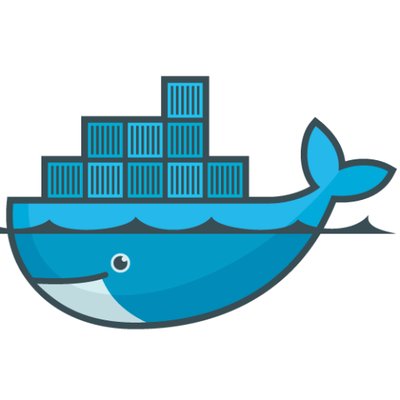The Chairs (myself, Jim Mlodgenski, and Amanda Nystrom) have recently decided to bring some visibility to charities that are close to our hearts. They are listed below:
- Joshua Drake: Navajo Water Project. The Navajo nation is approximately the size of West Virginia and has a population of over 150,000 people (300k in the tribe). Anywhere from 15% - 40% of the residents do not have access to running water. The Navajo Water Project aims to bring clean water to each person and family through support from those that donate.
- Jim Mlodgenski: St. Jude Children’s Research Hospital. The hospital is one of the premier research hospitals for cancer and other life threatening illnesses for some of our most vulnerable people. Approximately one in 285 children in the U.S. will be diagnosed with cancer before their 20th birthday. Through donations, St. Jude’s provides treatment to those with cancer, and is actively dedicating resources to the research and cure for cancer.
- Amanda Nystrom: ASPCA. The American Society for the Prevention of Cruelty to Animals (ASPCS) was the first humane society to be established in North America, with the goal of providing kind and respectful treatment to animals under the law. Unlike humans, cases of animal abuse aren’t compiled but studies have shown a correlation between domestic violence and animal abuse. The ASPCA prevents animal homelessness and actively rescues animals from dangerous and/or cruel situations.
Upcoming Webinars
With the Coronavirus causing the conference market to dry up for 2020, we at Postgres Conference have pivoted to ensure that we continue to provide quality Postgres content to the world of People, Postgres, Data. We have been performing multiple webinars per month. Here is the current schedule and you can register (free) here:
- May 21, 11am PT: A Deep Dive into PostgreSQL Indexing
- June 2, 10AM PT: How to Move Data from Oracle to Postgres in Near-Real Time
- June 9, 11am PT: Community vs. Enterprise Open Source – Which is Right for Your Business?
- June 10, 11am PT: Bring Compression to Postgres at Zero Cost of Performance
- June 16, 11AM PT: Mostly mistaken and ignored PostgreSQL parameters while optimizing a PostgreSQL database
- June 30, 11am PT: Deeper Understanding of PostgreSQL Execution Plan: At plan time and run time
- July 15, 10AM PT: Working with JSON Data in PostgreSQL vs. MongoDB
- June 17, 11am PT: Postgres vs. MongoDB for real-time machine learning on wind turbine data
Articles from the community
- Why work for hire could be limiting your company and yourself
- Build PostgreSQL extensions on Windows
- Operationalizing your PostgreSQL database health checks using SQL Notebooks
- Building fast refresh capability in Amazon RDS for PostgreSQL
- Multi-tenant data isolation with PostgreSQL Row Level Security











